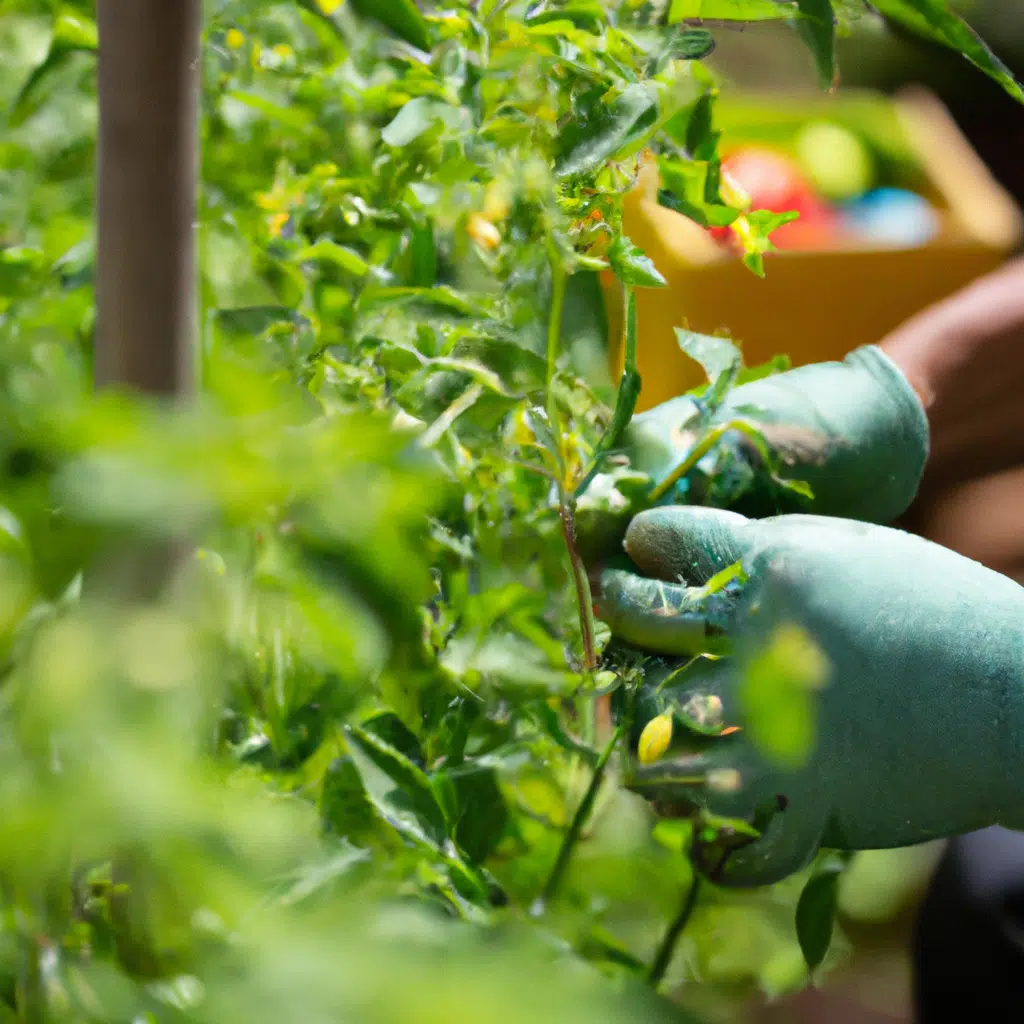Organic farming has become increasingly popular over the years, and for good reason. Not only does it provide a sustainable way to produce crops, but it’s also healthier for both the environment and the consumers. Kingsbury Market Garden is a prime example of a successful organic farm that has been able to produce high-quality crops while maintaining the health of their soil and surrounding ecosystem. In this article, we’ll dive into the secrets of their success and how you can apply them to your own organic farming endeavors.
The Importance of Soil Health
One of the most critical factors in successful organic farming is maintaining the health of the soil. Soil is the foundation of any farm, and without it, crops cannot thrive. Kingsbury Market Garden understands this and implements several practices to ensure that their soil remains healthy and full of nutrients.
Firstly, they use compost and cover crops to build up the organic matter in their soil. This not only provides natural fertilizer for their crops, but it also improves the soil structure and helps retain moisture. Secondly, they rotate their crops regularly to prevent soil-borne diseases and pests from taking hold. This practice also allows different crops to extract different nutrients from the soil, ensuring that the soil is not depleted of any one nutrient. Lastly, they practice minimal tillage to minimize soil disturbance and retain the natural soil structure.
Crop Selection and Management
Choosing the right crops to grow and managing them properly is another important factor in successful organic farming. Kingsbury Market Garden selects crops that are well-suited for their soil and climate conditions, ensuring that they will thrive and produce high yields. They also use companion planting to encourage natural pest control and crop pollination.
Managing pests and diseases naturally is also a key component of their success. They use crop rotation, biological pest control, and natural pesticides such as neem oil and soap spray to manage pests and diseases. Additionally, they handpick pests when necessary and use row covers to protect their crops from insects.
Water Management
Water is a precious resource, and it’s essential to manage it properly in organic farming. Kingsbury Market Garden uses several practices to conserve water and ensure that their crops receive just the right amount of moisture.
They use drip irrigation to apply water directly to the roots of their plants, reducing water loss through evaporation. They also collect rainwater and use it to irrigate their crops when possible. Additionally, they use mulch to retain moisture in the soil and reduce water usage.
Marketing and Community Involvement
Successful organic farming isn’t just about growing high-quality crops; it’s also about marketing them effectively and engaging with the community. Kingsbury Market Garden has been able to establish a loyal customer base by participating in farmers’ markets and community events.
They also offer a CSA (Community Supported Agriculture) program, which allows customers to receive a weekly box of fresh, seasonal produce directly from the farm. This not only provides a reliable source of income for the farm, but it also allows customers to connect with the farm and learn about the benefits of organic farming.
Conclusion
In conclusion, Kingsbury Market Garden has been able to achieve great success in organic farming by prioritizing soil health, crop selection and management, water management, and marketing and community involvement. By implementing these practices, you too can achieve success in organic farming and produce high-quality crops while maintaining the health of the environment. Remember, organic farming is not just a business; it’s a way of life that benefits everyone involved.


